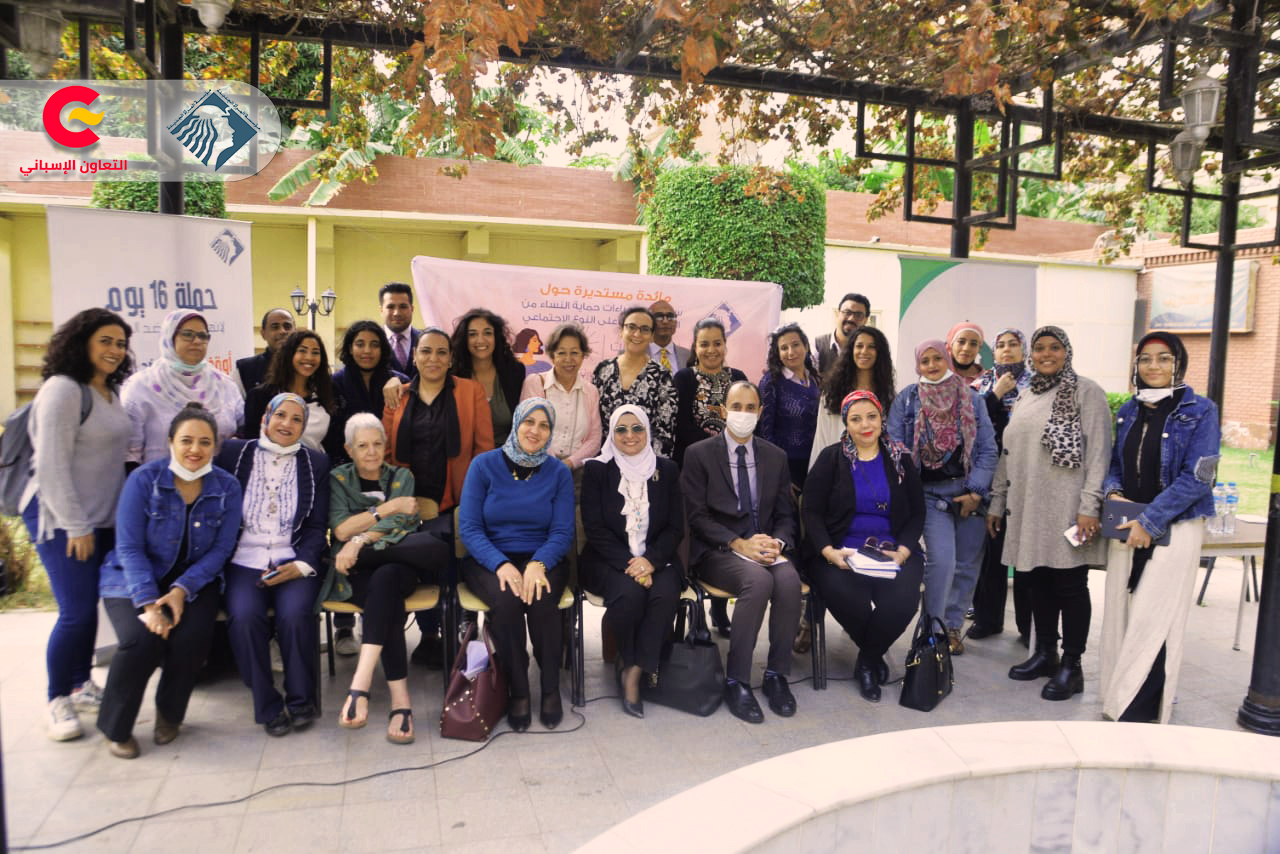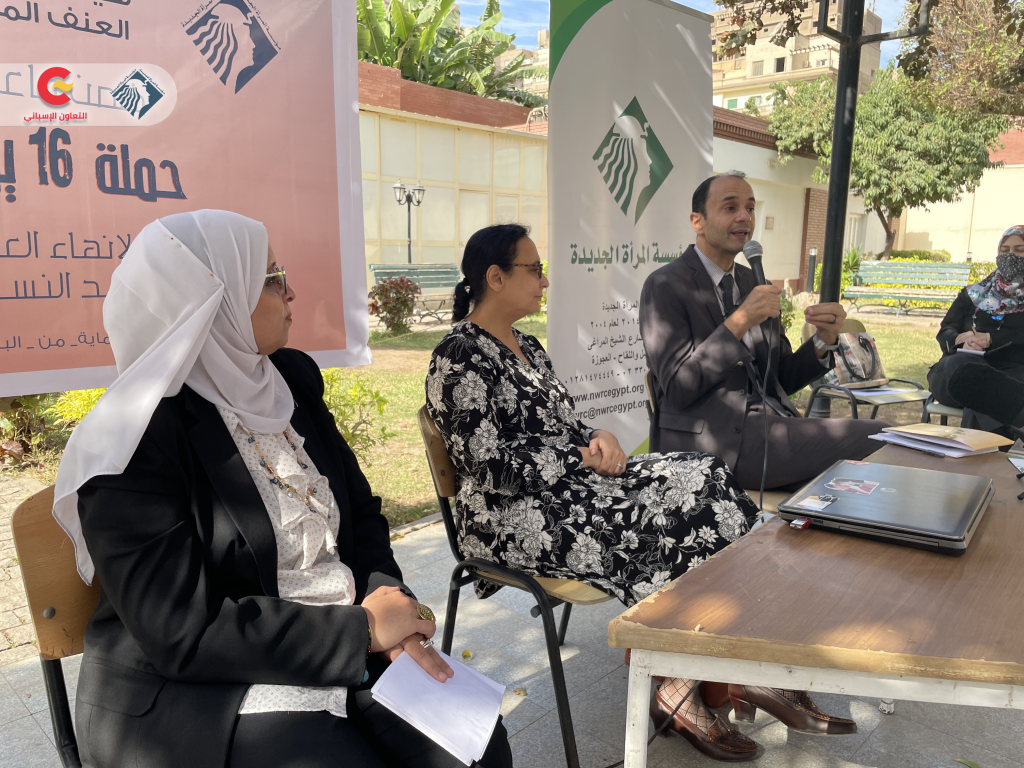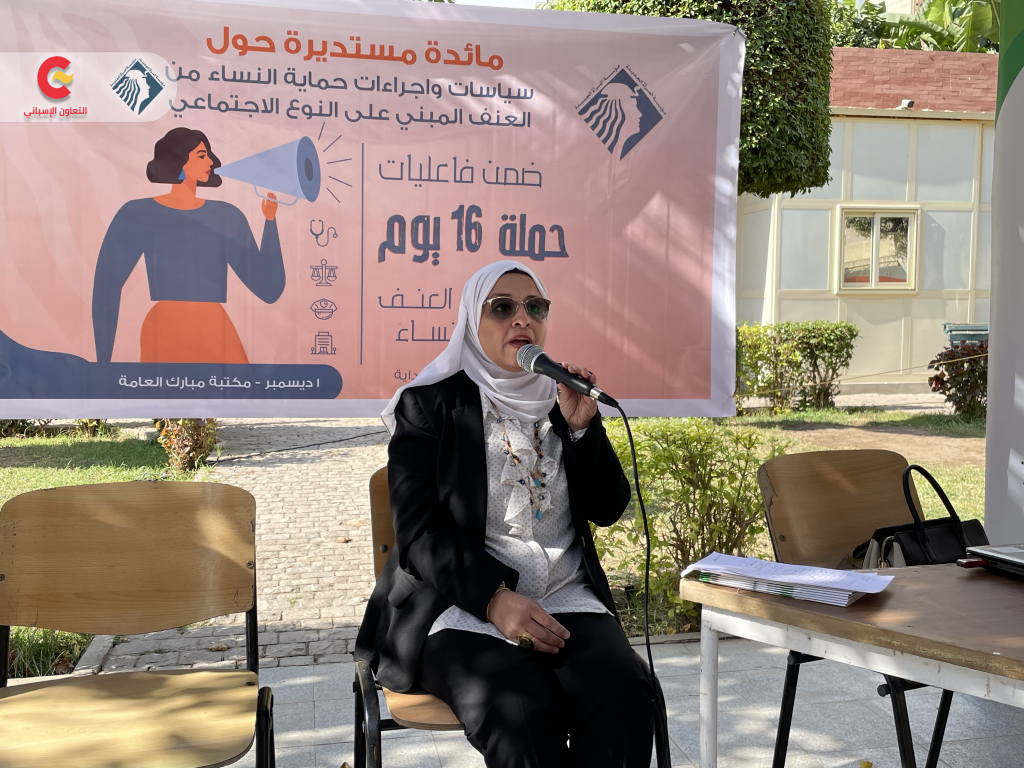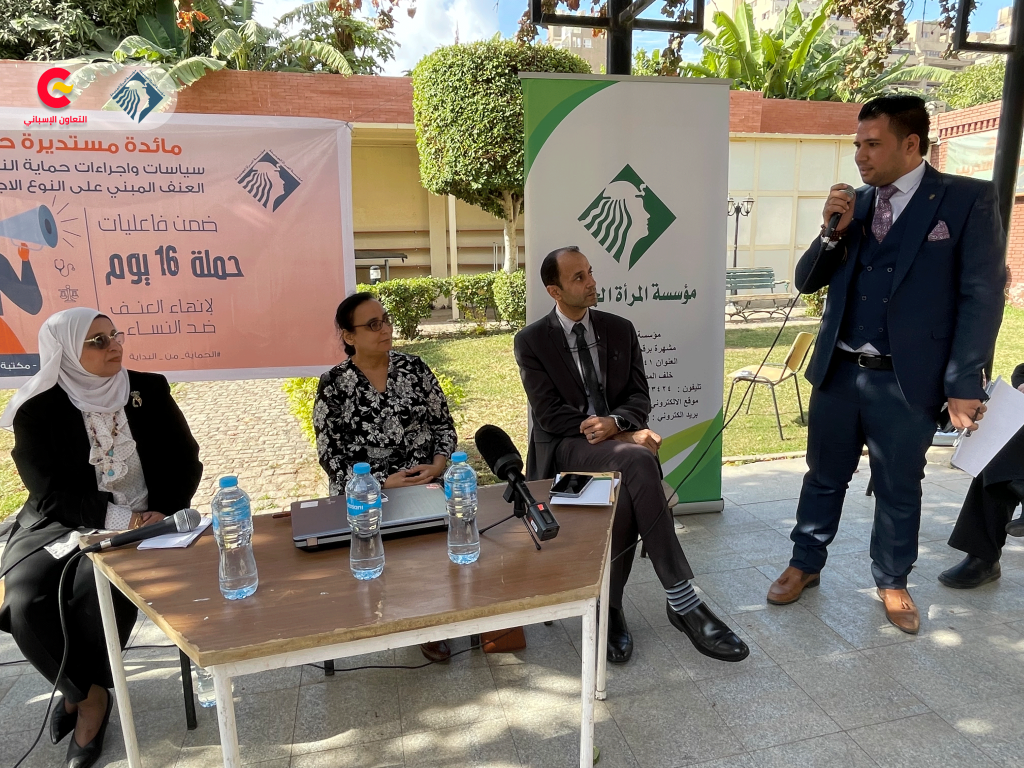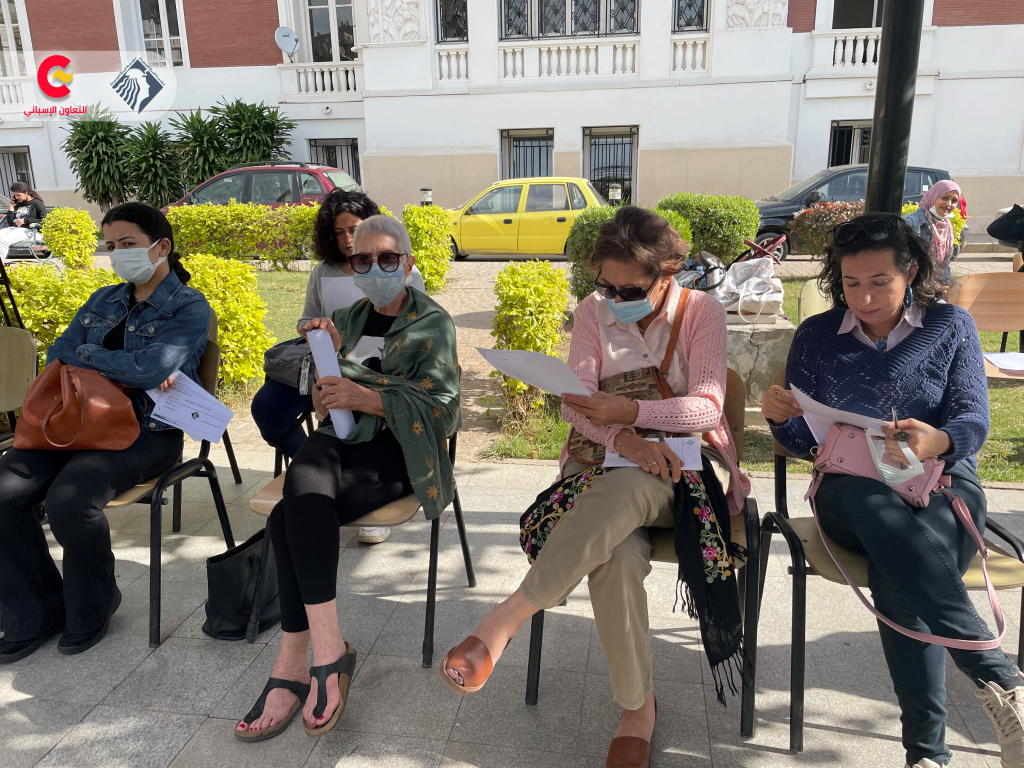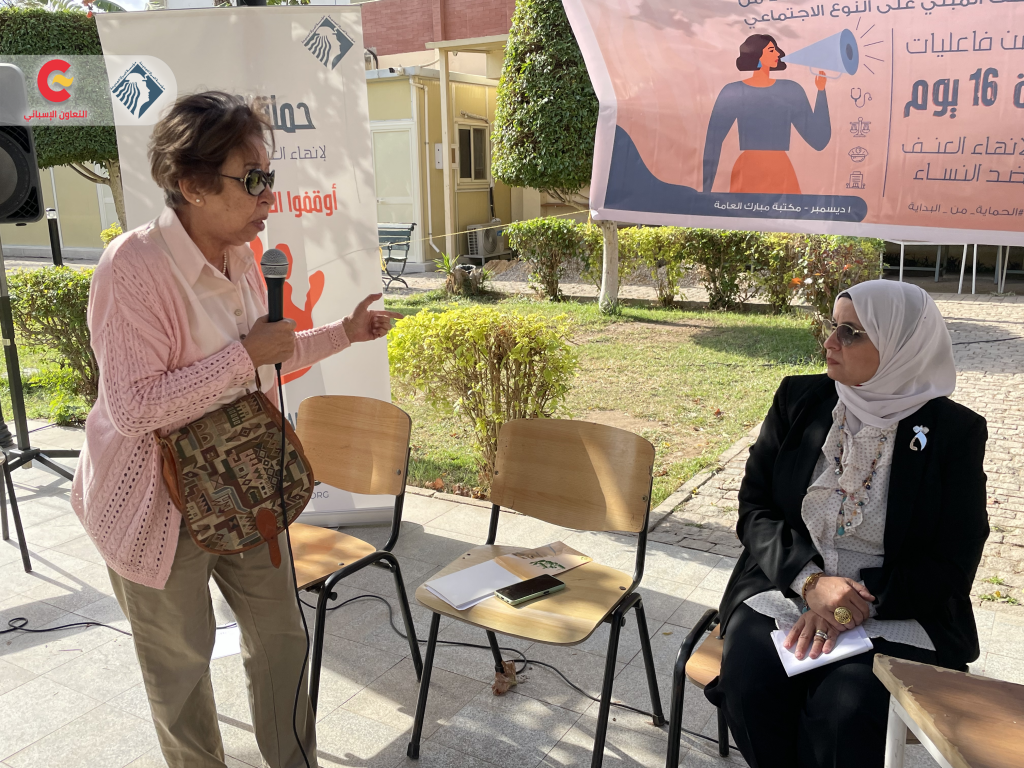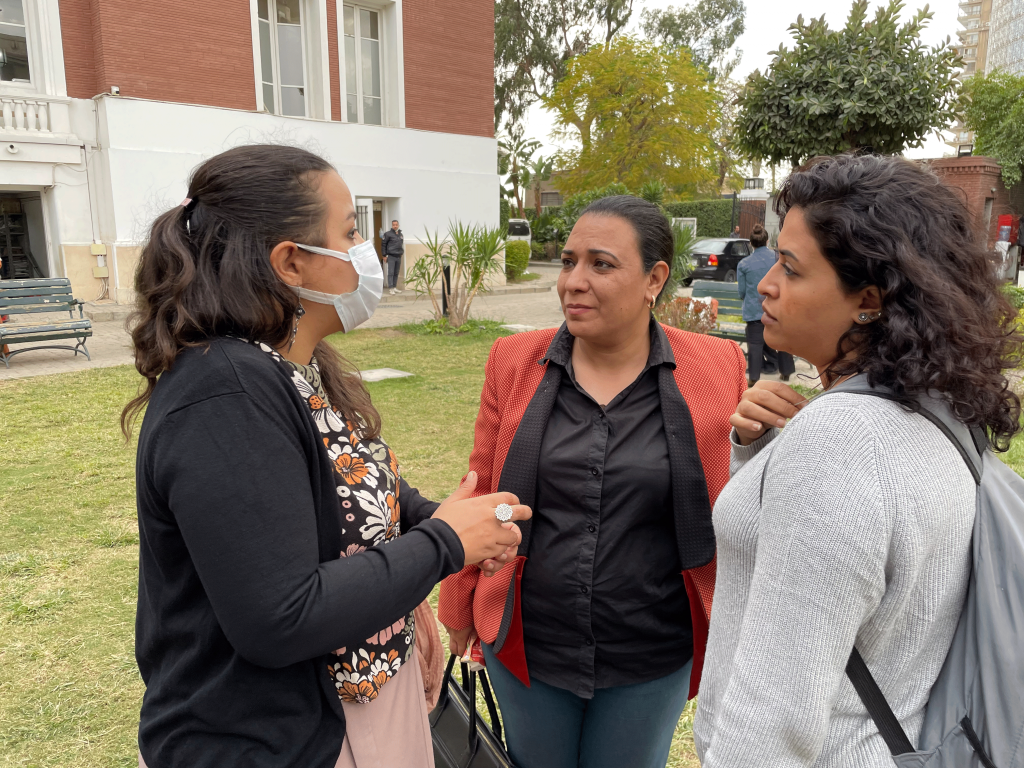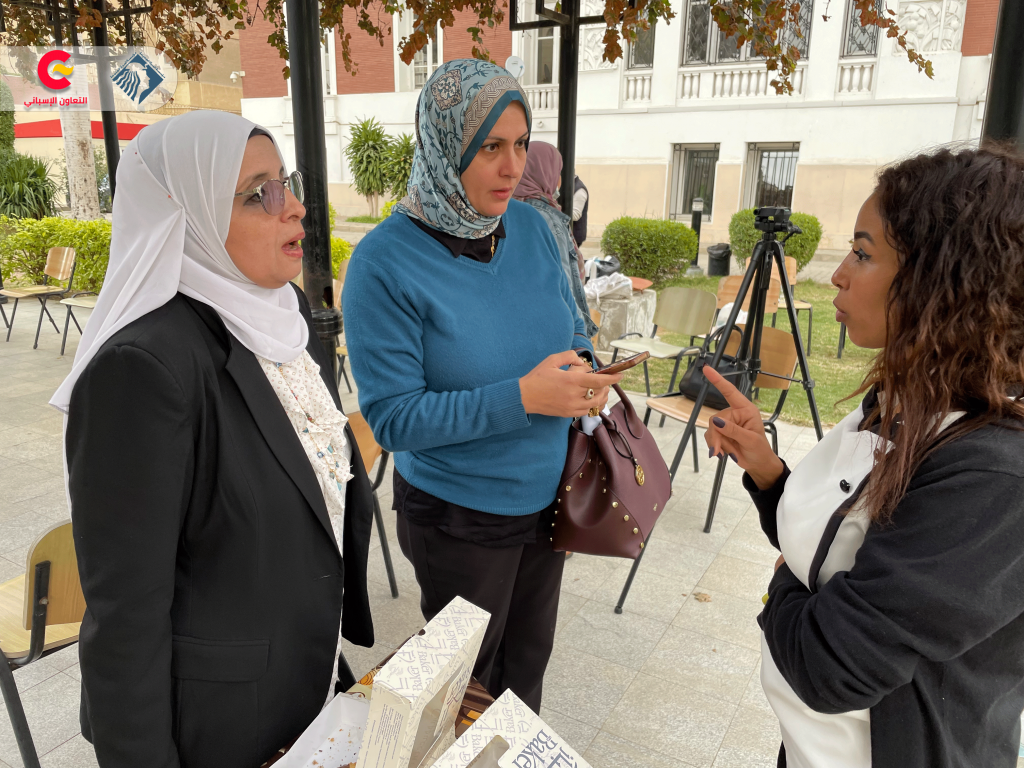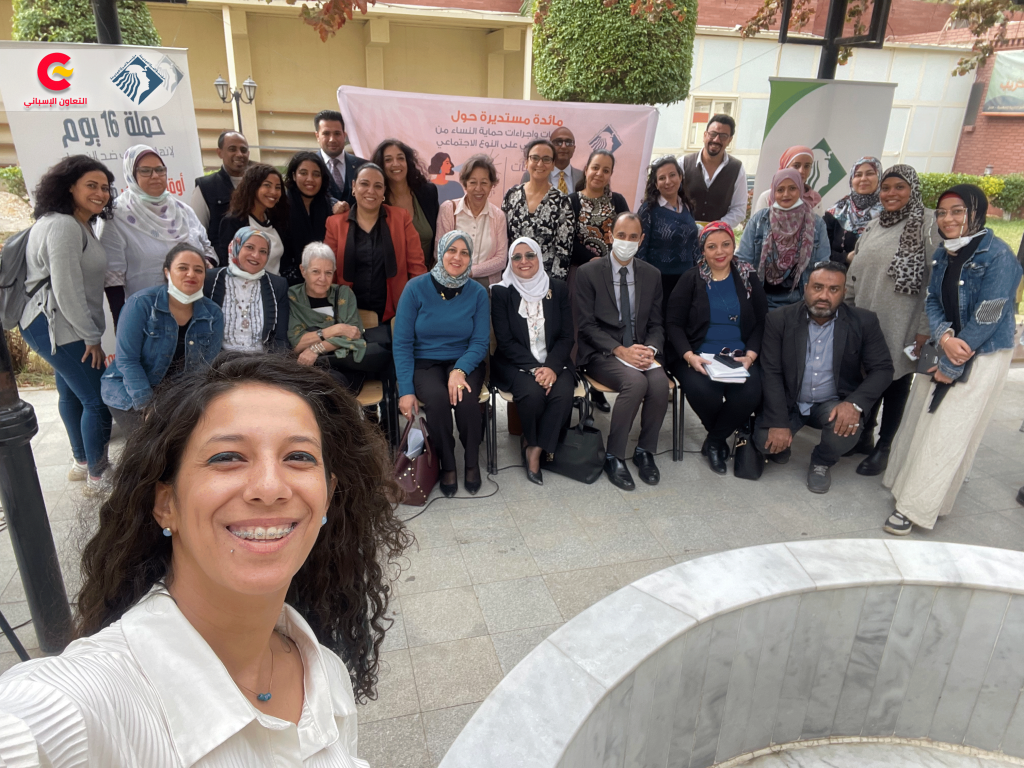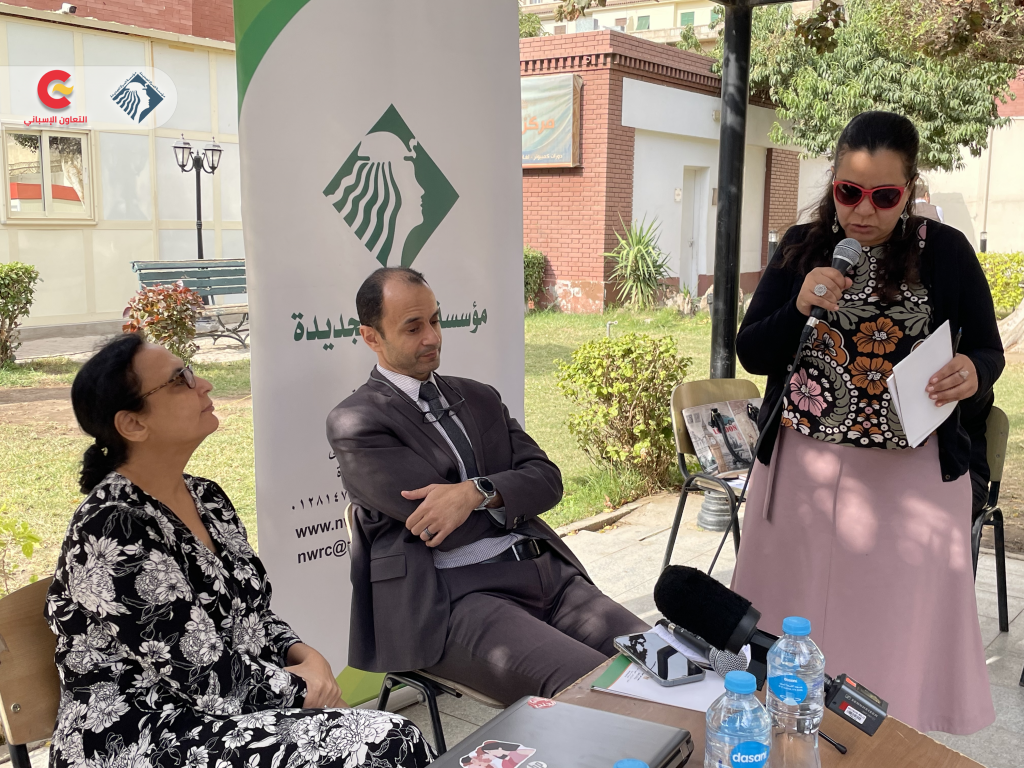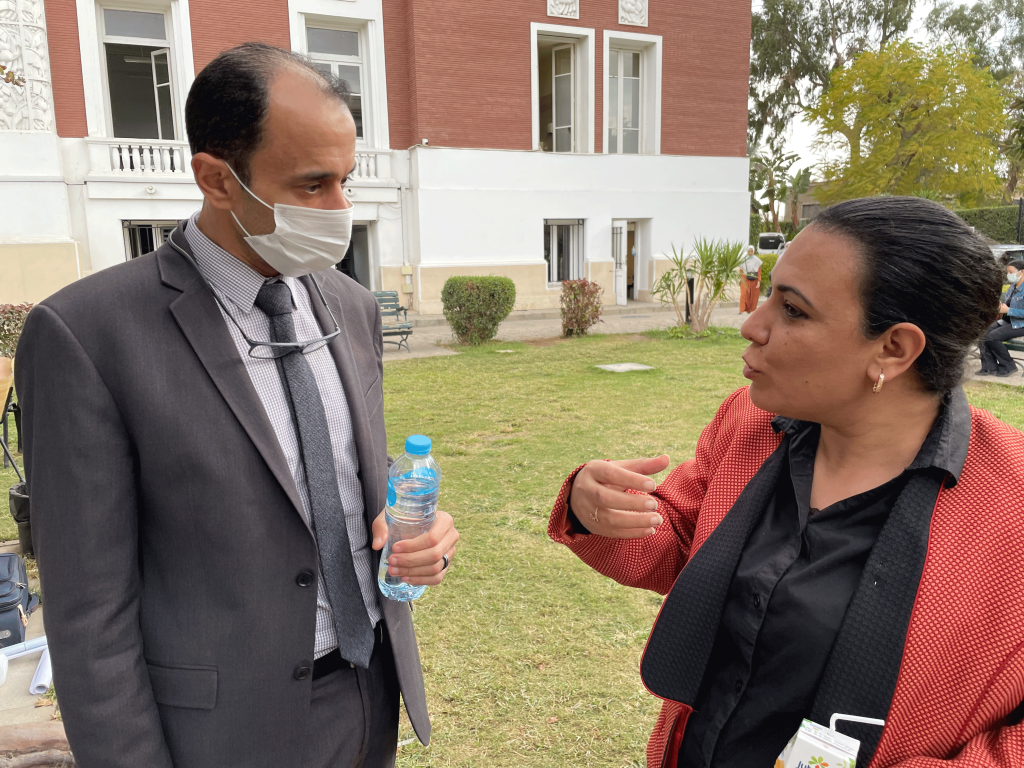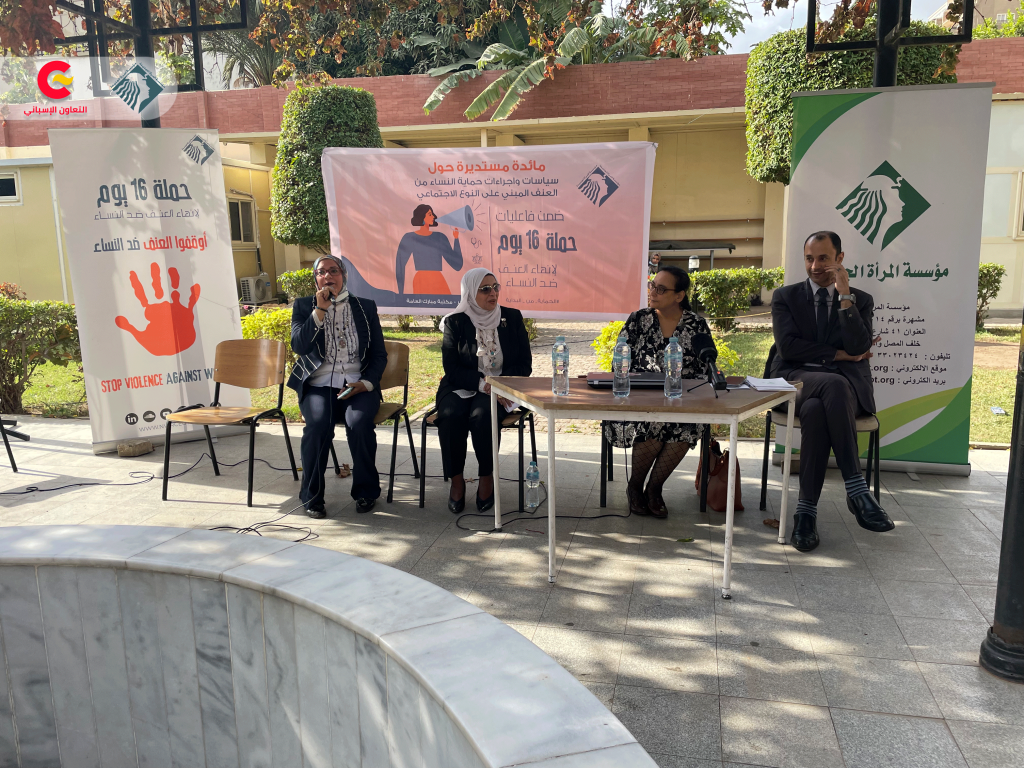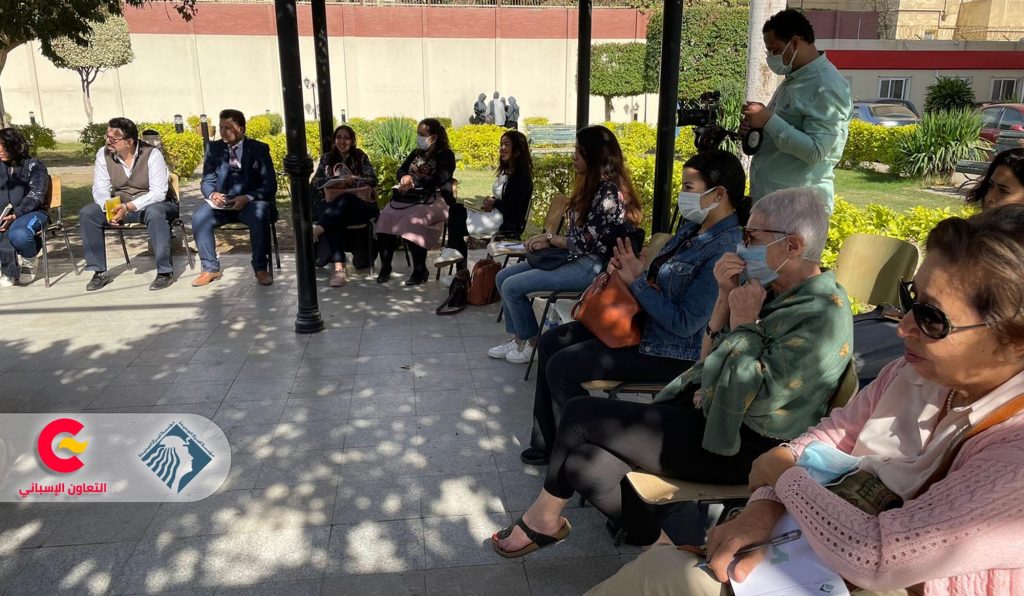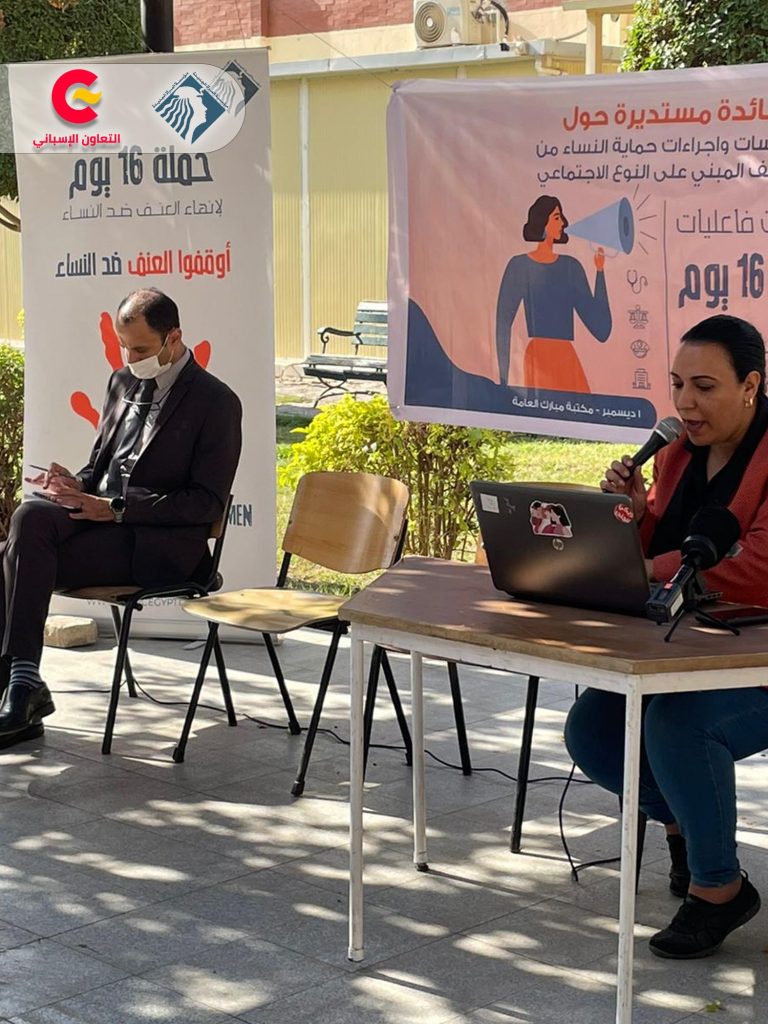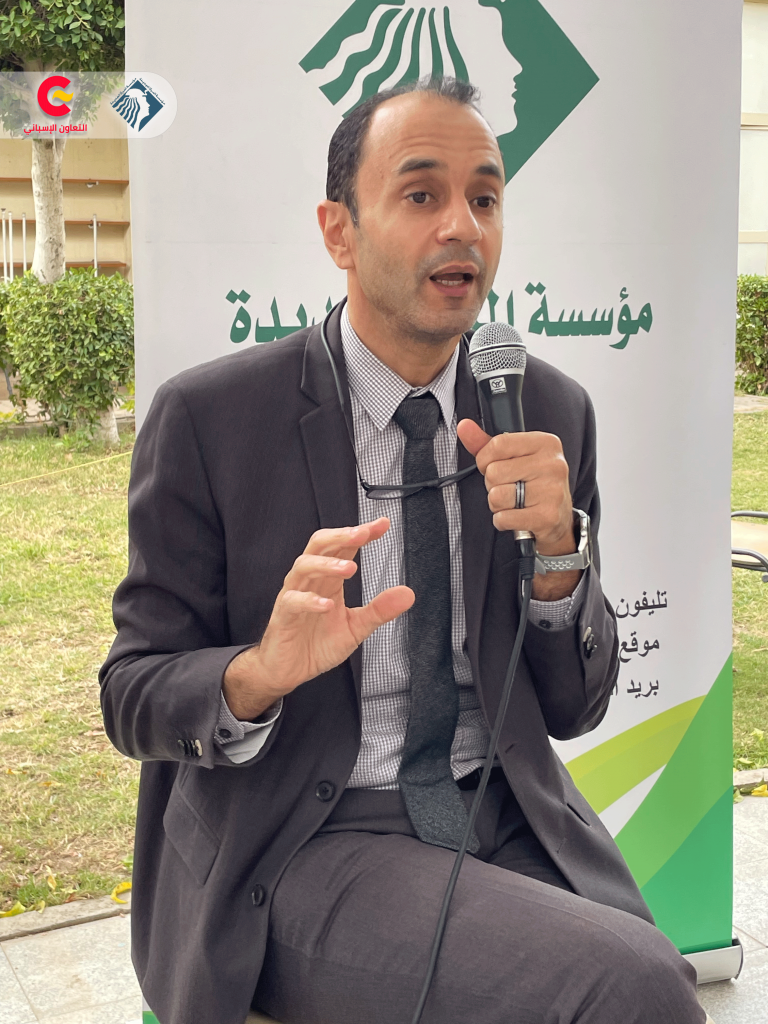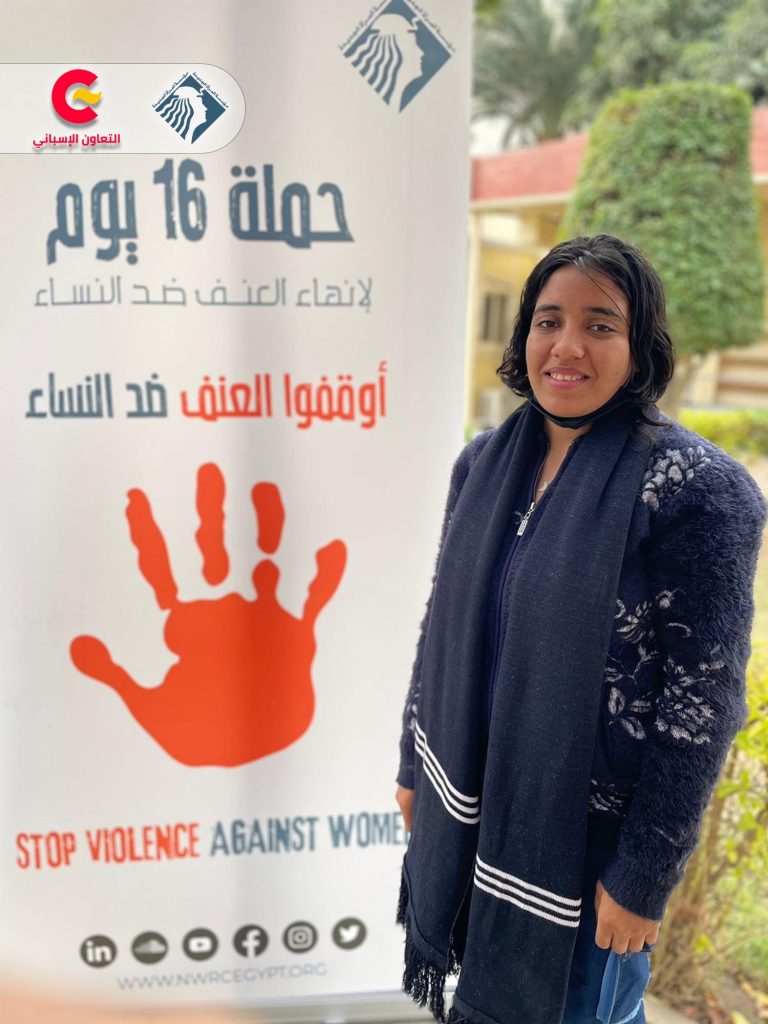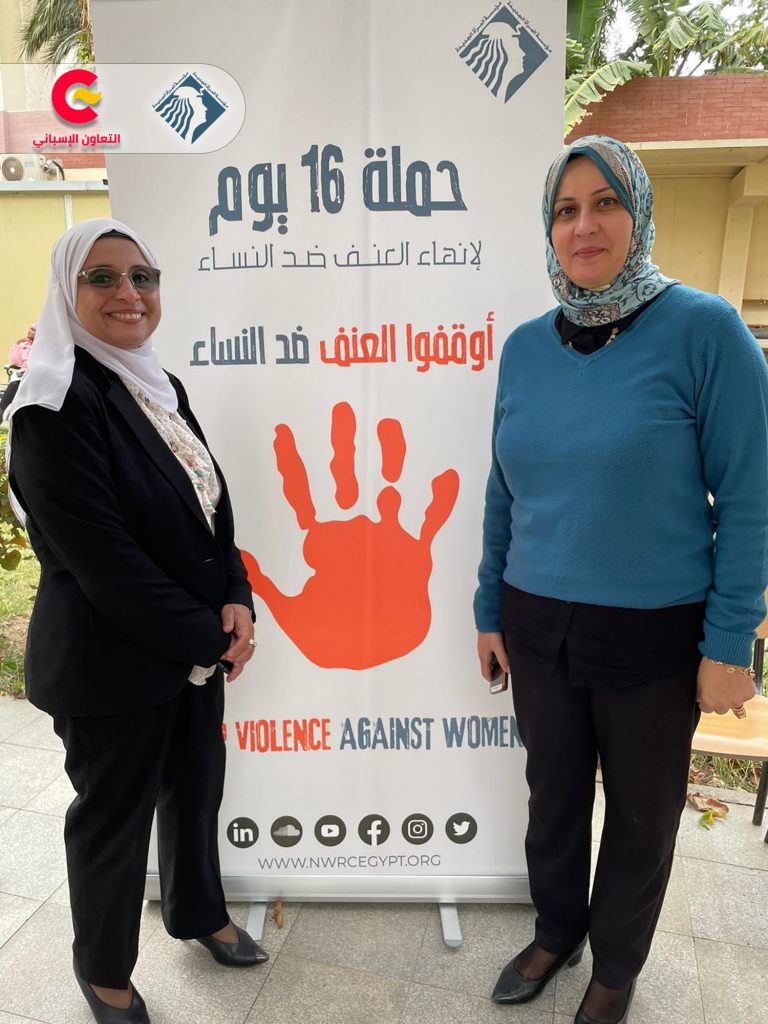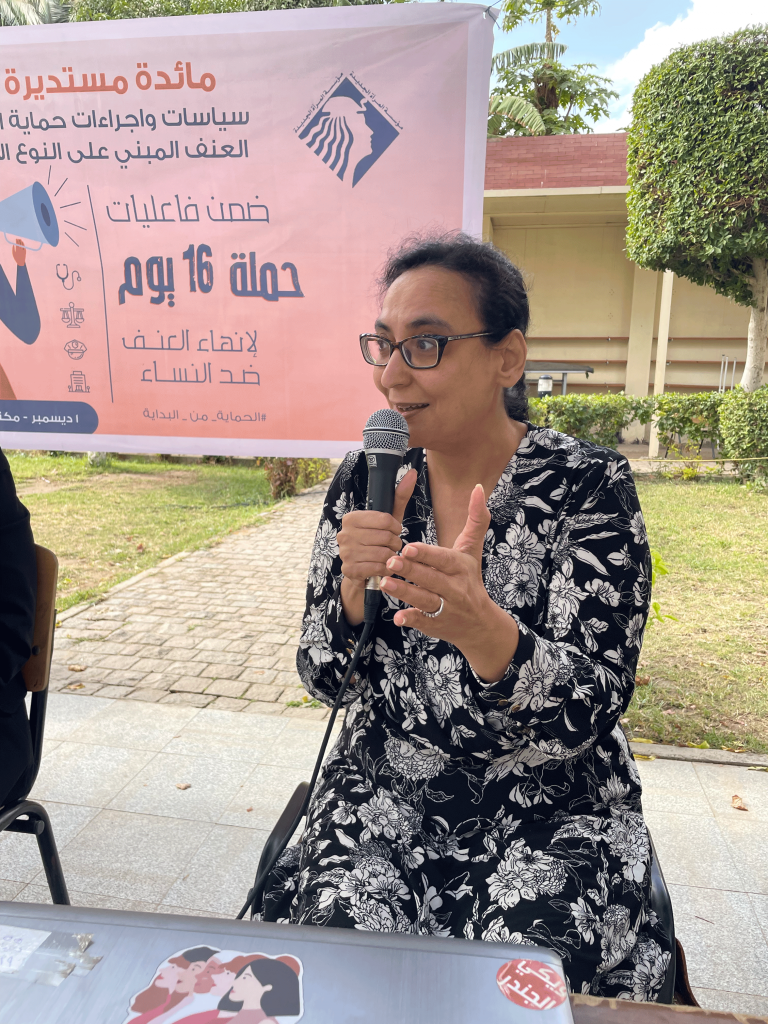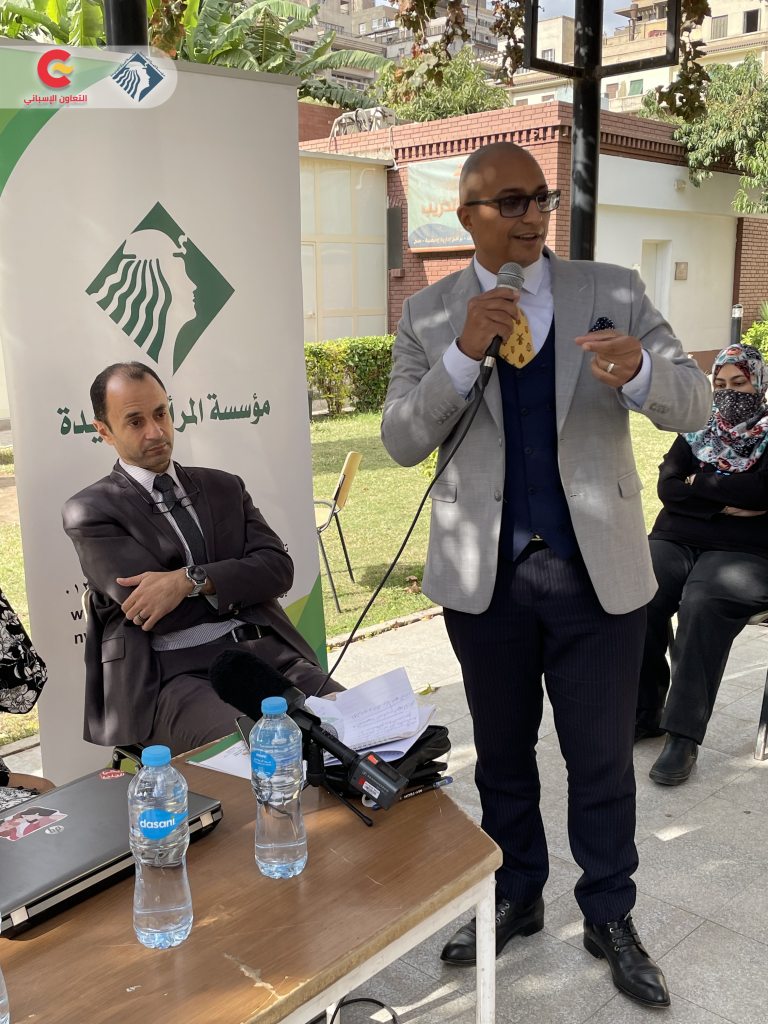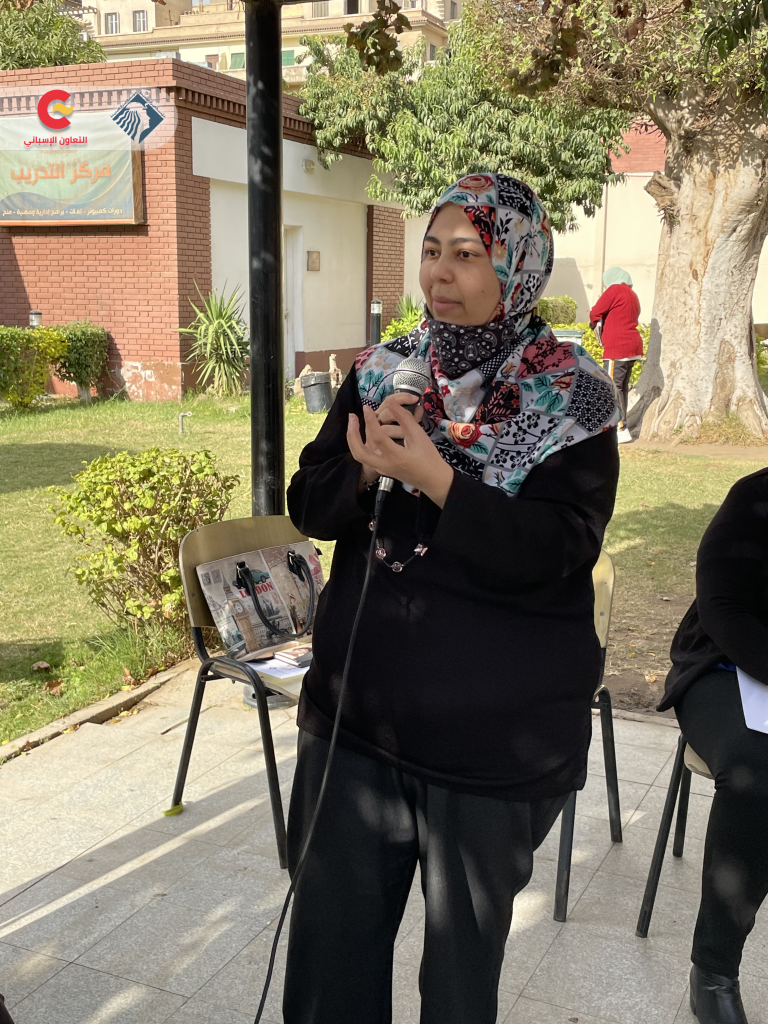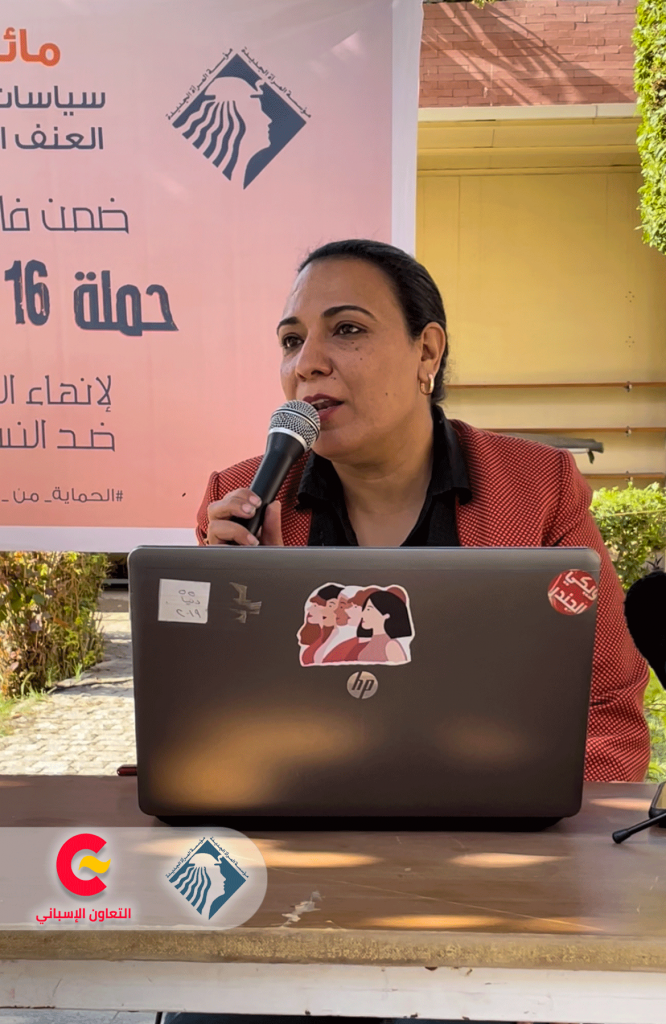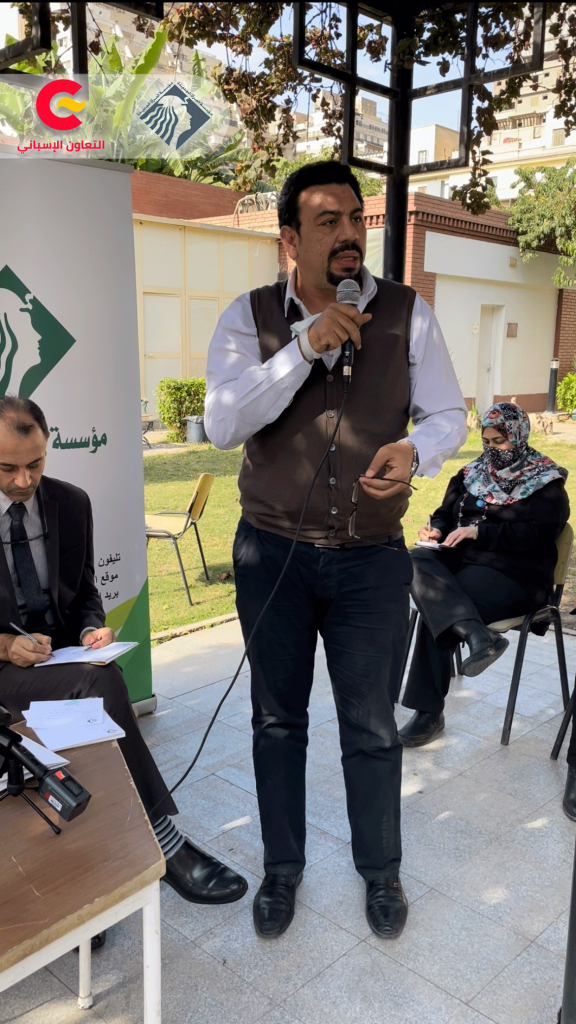- Contact Us
- 0020233382706
- nwrc@nwrcegypt.org
Protection Policies Against GBV on the Roundtable

VAW Protection Policies: Between Fragmented Legislative Reforms and Services Requiring Efficient Access, Inclusion, and Sustainability.
November 28, 2021
Regional Webinar on Protection from Violence in the Workplace – 16days of activism
December 7, 202116 days of activism against VAW
In cooperation with Spanish Agency for International Development Cooperation in Egypt (AECID) and within the framework of the 16 days of activism against VAW campaign, the New Woman Foundation held a roundtable to discuss the most important protection measures and policies against GBV, where we were joined by Director of the Planning Department at the General Administration of Women’s Affairs at the Ministry of Social Solidarity and a central supervisor in the hosting centers, Ms. Nermin Mansour, as well as Vice-President and official spokesperson of the Administrative Prosecution Office, Counsellor Mohamed Samir, along with a number of researchers, human rights activists and lawyers, and lawyers from NWF’s legal support offices in Cairo, Sharkia, and Qena, in addition to a number of journalists.
Lamya Loutfy, Program manager at the New Woman Foundation, gave a presentation on key protection policies and procedures against GBV, starting with a formal announcement from state and all its institutions declaring their condemnation of gender-based violence. This is in addition to providing protection guarantees and policies that include reporting and investigation procedures, maintaining the privacy of complainants, and issuing deterrent sentences. As for medical protection, Lamya explained that there is a loophole in the law, as it fails to protect raped women from unwanted pregnancy or STDs immediately after the rape is reported, and abortion law prevents abortion in the event of pregnancy from rape.
The Director of the Planning Department at the General Administration of Women’s Affairs at the MoSS, and the supervisor of the hosting centers, Ms. Nermin Mansour, indicated that the hosting centers for abused women, currently 9 centers, are prepared to host girls from the age of 18, whether through referral agencies or through the hotline 16439, and provide psychiatric support services. The ministry has developed a plan to increase the number of centers in the coming years.
Vice-President and official spokesperson of the Administrative Prosecution Office, Counsellor Mohamed Samir, highlighted in his participation that there is a need for new laws to replace those in place since 1937. He said, “We need a piece of legislation amending the basic aspects of the Penal Code in particular; there are difficulties in reporting some crimes, especially domestic violence and FGM, thus we need untraditional solutions.”
In response to the issues of the burden of proof and protection of witnesses, Counsellor Mohamed Samir explained that the burden of proof falls on the Public Prosecution and it has powers. He also added that the Law on Protection of witnesses and complainants has flawed as a result of its current formulation.
Counselor Mohamed Samir believes that the change in handling cases of violence against women should not come from a patriarchal logic but should happen because we are in a country that respects the rule of law where women are protected as citizens rather than daughters.
Researchers, activists and lawyers among the participants presented the issues of dealing with reports and cases of VAW. One of the researchers also shared the issue of the absence of a legal text criminalizing marital rape, and the difficulty of proving it
Mai Saleh, the gender and institutional support consultant at the New Woman Foundation, demonstrated the problem lying in difficulty of police reporting procedures, especially in cases of rape and disruption that often leads to losing evidence, and that the first and most essential step in working on protection procedures and policies being reporting procedures. Mai added that the change should involve not only procedures but also change in the concepts and attitudes towards sexual violence.
The discussions were moderated by Nevine Ebeid, the new chairperson of NWF’s Board of and gender researcher. Nevine stressed the need for training the first responders in providing services at all levels, whether in police stations, or in receiving distress calls. She also underlined that there is a desire on the part of the decision makers to make change, but this vision is not shared by the lower levels of the executive system, which must be reflected onto the basic structure. She added that the protection services umbrella should expand decentralized. She further added that NWF is working to develop proposals for service and legislation enhancement within the framework of greater effectiveness, sustainability and comprehensiveness.

